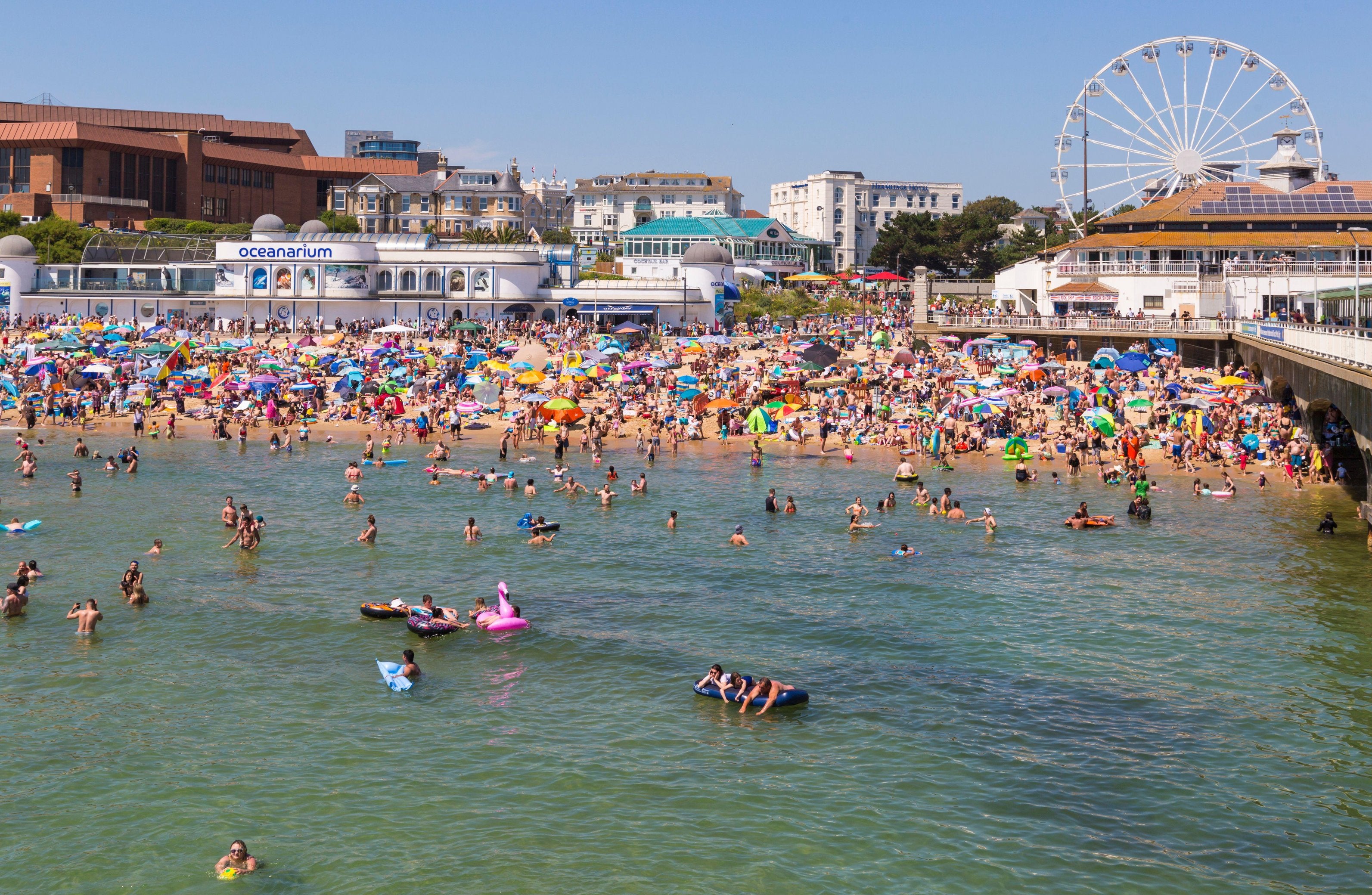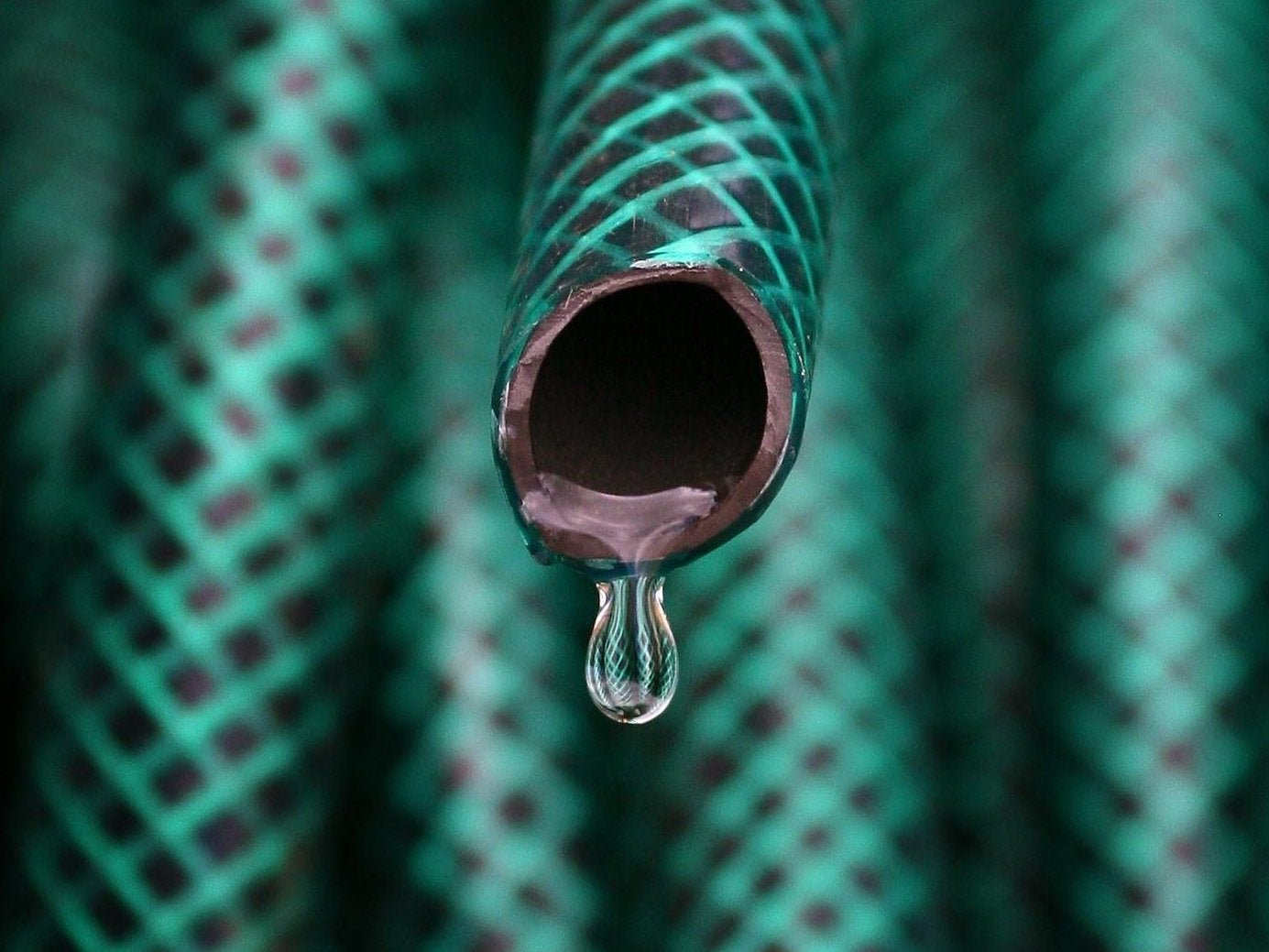UK weather: Heatwave water shortage warning as temperatures could hit 35C
High pressure in southern half of the UK will bring drier warmer weather

Your support helps us to tell the story
From reproductive rights to climate change to Big Tech, The Independent is on the ground when the story is developing. Whether it's investigating the financials of Elon Musk's pro-Trump PAC or producing our latest documentary, 'The A Word', which shines a light on the American women fighting for reproductive rights, we know how important it is to parse out the facts from the messaging.
At such a critical moment in US history, we need reporters on the ground. Your donation allows us to keep sending journalists to speak to both sides of the story.
The Independent is trusted by Americans across the entire political spectrum. And unlike many other quality news outlets, we choose not to lock Americans out of our reporting and analysis with paywalls. We believe quality journalism should be available to everyone, paid for by those who can afford it.
Your support makes all the difference.Parts of the UK could be hotter than Istanbul this month as temperatures could reach as high as 35C.
After scorching heat throughout June which saw highs of 32.7C in London, forecasters are predicting July and August could bring warmer weather and prompt water usage warnings.
Brian Gaze, a forecaster at Weather Outlook, said: “At the moment long-range computer models are suggesting an increased likelihood of very warm conditions during the last third of July.

“Temperatures in the UK reached 32.7C earlier this month and typically the hottest weather of the summer comes in July or August. In recent years periods of extreme heat have become more common in the UK.
“I wouldn’t be surprised if temperatures climbed to 35C (91F). To put a little context on that, the hottest day in the entire decade of the 1980s was 34.4C.”
An Environment Agency spokesperson said: “People should use water wisely and follow advice from their suppliers. Further hot, dry weather could put pressure on some areas.
“We will continue to take action where necessary. River flows and reservoir levels have receded across central and south western England.”
Water regulator Ofwat said: “If possible, take a shower instead of a bath. A five-minute shower uses half the volume of a bath. Wait until you have a full load before using your washing machine or dishwasher.”

The Met Office said temperatures in July could exceed the month’s usual average of 23C and is forecast to reach just under 30C this weekend in time for the Wimbledon finals.
The forecaster said high pressure building across the southern half of the UK will bring settled, dry, sunny, weather. Temperatures will increase each day, the Met Office added.
Met Office deputy chief meteorologist Rebekah Sherwin said: “The influence of the high pressure is likely to continue across southern areas into the second week of July and at times could be more widespread.
“Temperatures are expected to be widely above average, especially across the south, with some areas seeing maxima in the high 20s, locally 30C by this weekend. Beyond that, the forecast becomes more uncertain and, while it may well continue warm, the extent, magnitude and duration of these above-average temperatures are not clear at this stage and won’t be known until closer to the time.”
The Met Office said climate change is already having an impact on the likelihood of temperature extremes in the UK. In a recent study, the forecaster found that the likelihood of extremely hot days in the UK has been increasing and will continue to do so during the course of the century, with the most extreme temperatures expected to be observed in the south east of England.
A widespread hosepipe ban was last enforced in 2018 when seven million households faced restrictions. It came in the wake of the longest heatwave to hit the UK since 1976.
Customers were threatened with criminal prosecution and fines of up to £1,000 if they were caught using a hosepipe.
Join our commenting forum
Join thought-provoking conversations, follow other Independent readers and see their replies
Comments